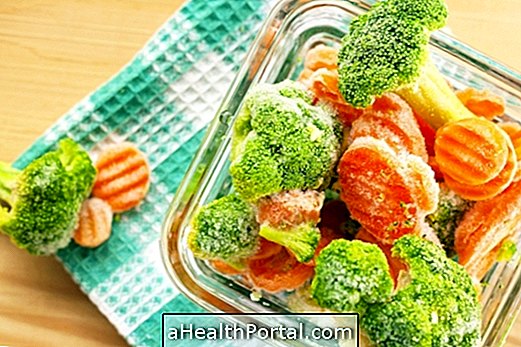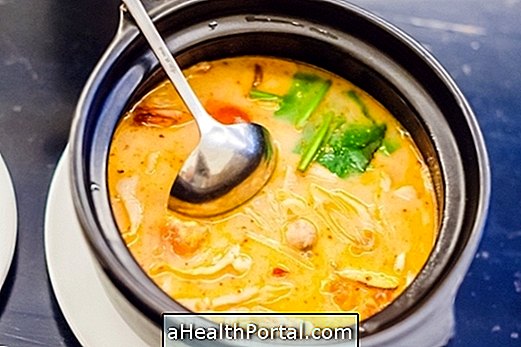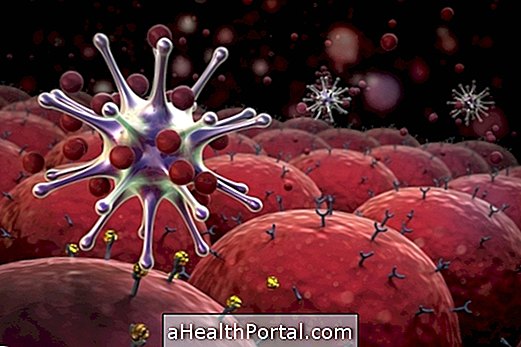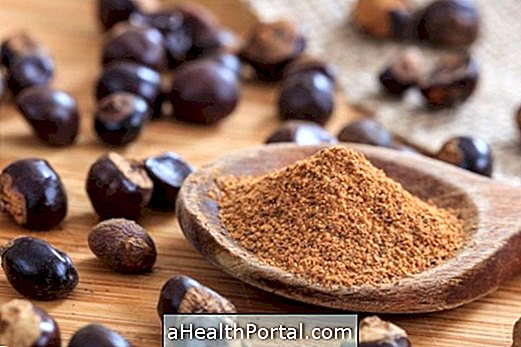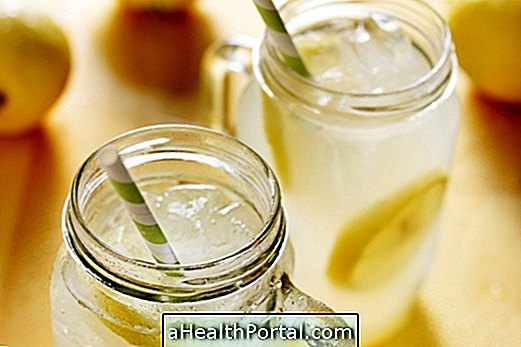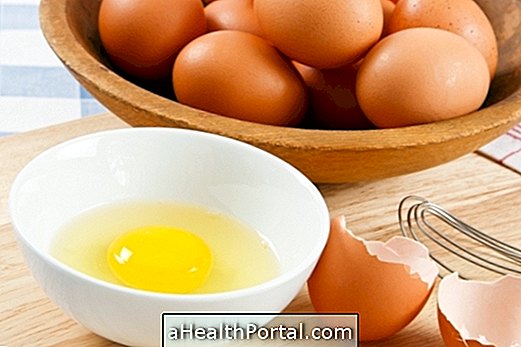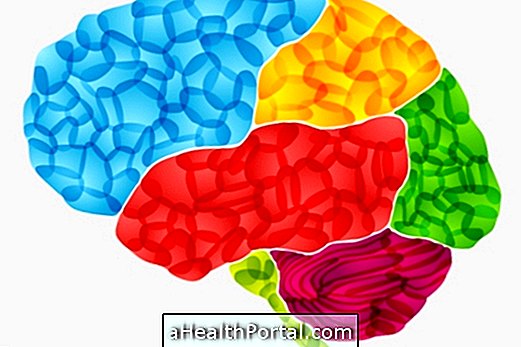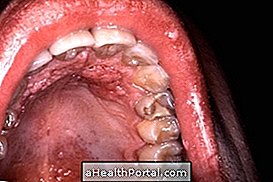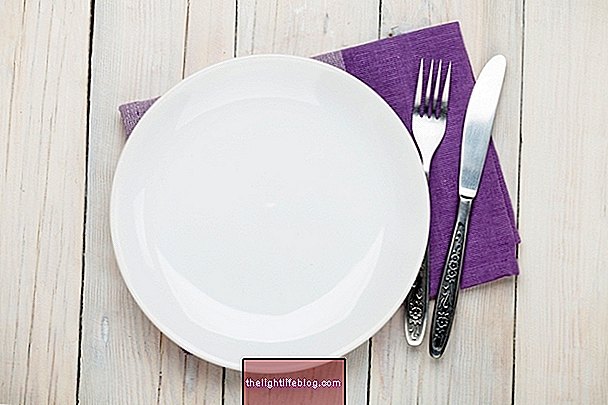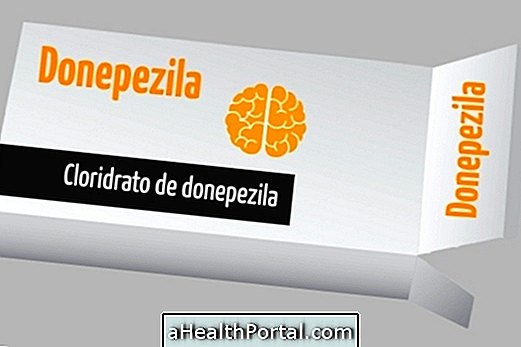The use of ajinomoto as a seasoning in the kitchen does not hurt, as recent studies have not proven harmful due to the use of this substance. In general, ajinomoto is seen as a villain in the kitchen because it is linked to the emergence of side effects such as headaches, nausea and excessive hunger, which have so far not been proven.
Ajinomoto is the commercial name of a food seasoning composed exclusively of monosodium glutamate, an additive that serves to intensify the taste of food, giving the different taste that can be translated as "tasty" and which is characteristic of Japanese and Chinese foods.
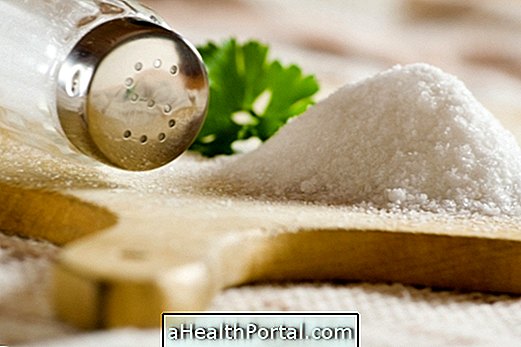
Possible side effects of Ajinomoto
Because it is made of monosodium glutamate, ajinomoto is linked to side effects such as:
- Loss of satiety control, by altering the production of the hormone GLP-1, linked to the sensation of satiety after meals;
- Stimulate a higher food consumption, as it is powerful enhancer of flavor, making you want to eat in greater quantity;
- Increased blood pressure, because it is rich in sodium, the mineral that changes the pressure especially in sensitive or hypertensive people;
- Headache and migraine, problems that are noticed only in people sensitive to this substance.
As there is not enough evidence to date of the harm of ajinomoto, it is recommended that it be used sparingly and inserted in a balanced diet, which also does not have excess salt in food preparation.
How to use Ajinomoto without doing harm to health
To be used safely, ajinomoto should be added in small amounts in the recipes at home, it is important to avoid its consumption along with the excessive use of salt, as this will make the food rich in sodium, a mineral that increases the blood pressure.
In addition, frequent consumption of industrialized foods rich in this seasoning, such as diced vegetables, canned soups, biscuits, processed meats, ready-made salads and frozen meals, should be avoided. On labels of industrialized products, monosodium glutamate may appear with names such as sodium monoglutamate, yeast extract, hydrolyzed vegetable protein or E621.
Thus, with such care it is possible to be assured that one will not exceed the limiting amount of monosodium glutamate for health.
To help control the pressure and naturally enhance the taste of food, see how to make a herbal salt in the video below.

See other tips for reducing salt intake and controlling pressure.
